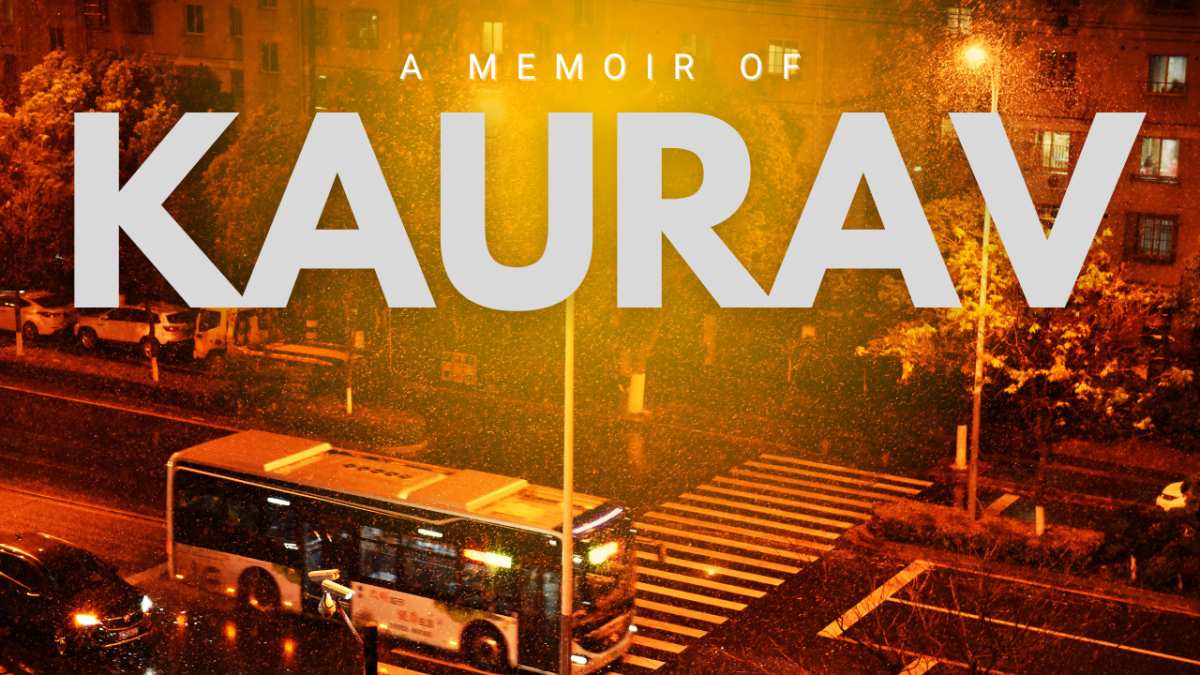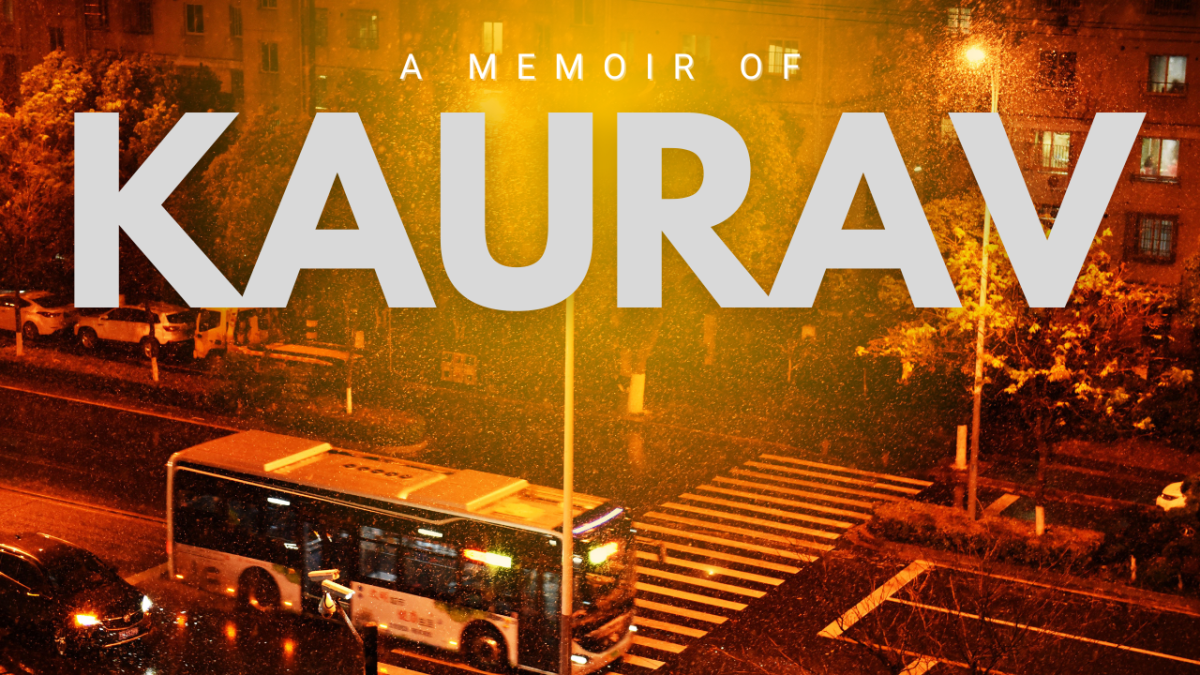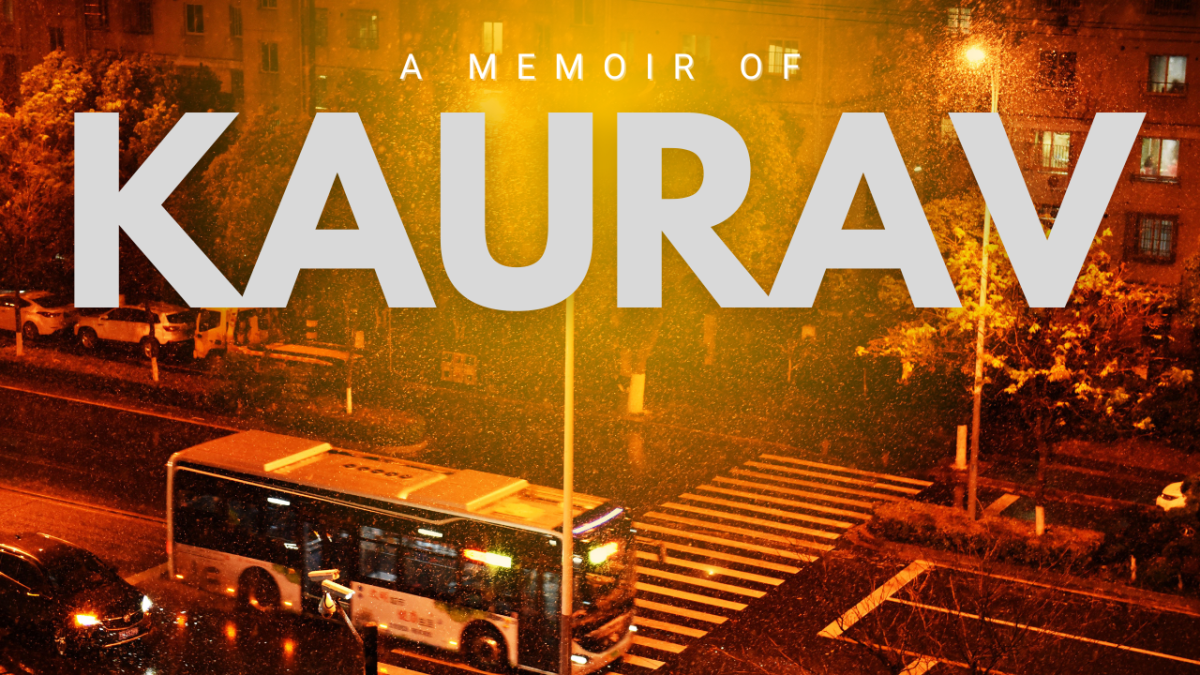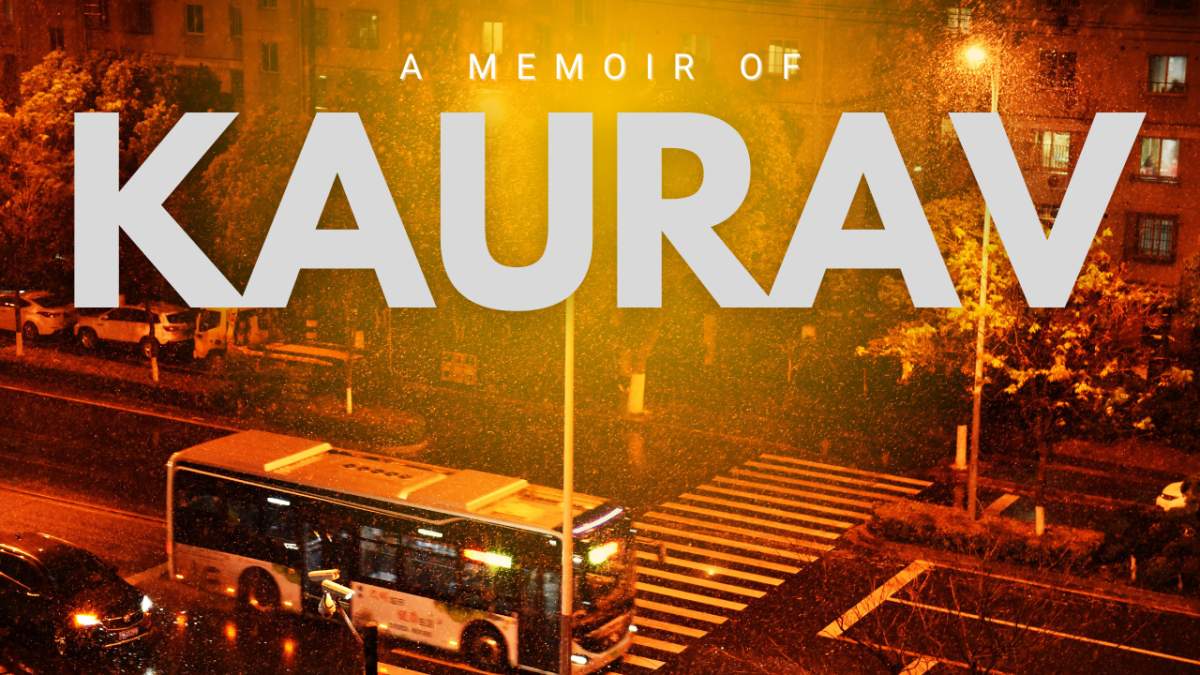Chapter 7: The Plural Self
The name had revealed itself to him gradually, like a photograph developing in solution. Kaurav was not singular but plural—not one but many, a collective born of blind passion. He understood now what his grandfather had perhaps known: that some names were prophecies, some identities were destinies.
He was defiant by nature. The comfortable guardianship that shaped others into compliance had never suited him. Instead, he had run toward what the epics called Bhima—strength and rebellion, the willingness to grasp at divinity knowing it would burn your hands. Arrogance, perhaps, but also courage. The Kauravas' destiny was defeat, but their true calling was to fight without deception, even while knowing the outcome.
Two years had passed since that first rehearsal. He had not shirked his work, not once. After graduation, his guardians had expected him to enroll in a master's program. He had considered the diploma at NSD instead. But he had not yet grasped the nature of organizations—how they consumed idealists, how they transformed rebels into functionaries.
When Vismaya left the group, Kaurav had wanted to speak about Roni-da's role in the departure but could never find the words. Vismaya had passed him the responsibility skillfully, saying before he left: "Don't feel guilty about this. This happens in groups." The older friend had understood what Kaurav was only beginning to learn—that all collectives eventually devoured their members.
From the bus window, Kaurav watched the night landscape blur past. Perhaps he should have developed a corporate mindset; it might have made things easier. But he had tried to fly his plane with a kite tethered behind it. The kite, caught in crosswinds, had torn away.
There had been a time when he could confide everything to Parna-di—all his thoughts and doubts and fears. She had treated him like a son. But after her divorce from Roni-da, neutrality had become impossible. He had lost that refuge too, another casualty of choosing sides in wars he had not declared.
Over the past eighteen months, he had watched anti-establishment individuals transform into institutions themselves. He had witnessed the workings of the Theatre Academy and Natya Swajan, seen how the new government's largesse had corrupted even the rebels. Meetings were held in the name of grants, theater groups scrambling for scraps like children fighting over scattered sweets.
He had observed sponsorships and politics, the peculiar spring festival where red turned to green, and green gradually shaded into saffron. Through this chaotic transformation, his bus navigated the mountain curves, the air thick with the rhetoric of hatred.
At an intersection, he glimpsed fire burning against the darkness. The smell reached him even through the closed windows—something acrid, unsettling. His imagination supplied what his eyes could not quite see: images from the newspapers, the television reports, the photographs that had burned themselves into the nation's memory. A fetus on a trident, flying like a flag against the sky.
A chill ran through him. He wanted to slam the window shut, to block out not just the smell but the knowledge of what humans could do to each other in the name of faith, politics, the endless justifications for cruelty.
His phone rang, cutting through the darkness and his spiraling thoughts. The sound was jarring, mundane after the visions that had filled his mind. He looked at the screen, wondering who would call at this hour, what emergency or routine business could intrude on this night journey through the mountains and through the labyrinth of his own understanding.
The bus continued its descent toward Mysore, carrying him away from the burning intersection, toward whatever waited in the morning. But the smell lingered, and the knowledge of what he had witnessed—or imagined—settled into his bones like a fever. This too was part of being Kaurav, part of the plural identity he carried: to see clearly, to bear witness, to fight without deception even when the fight itself seemed futile.
The phone continued to ring.




Comments (0)
Rate this Article
How do you feel about this article?
Comments (0)
No comments yet
Be the first to share your thoughts!
Join the Discussion